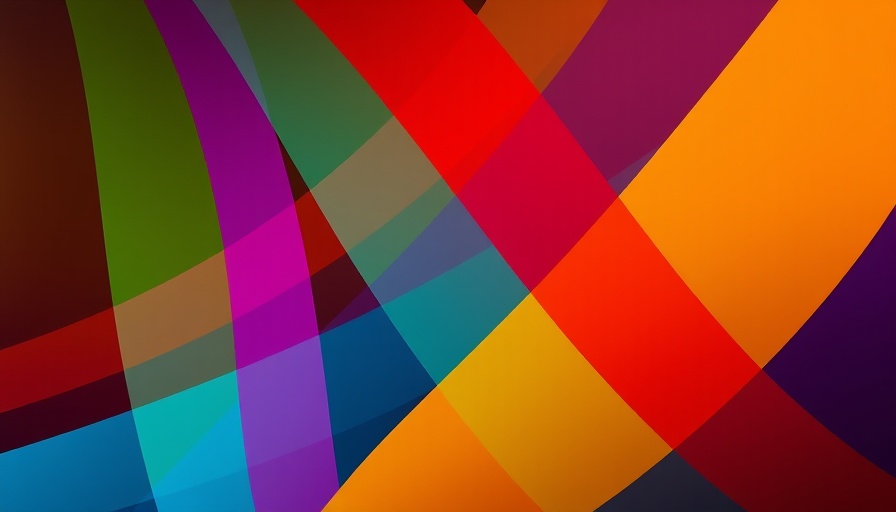
Unpacking the ICC's Alleged Double Standards in Global Justice
The International Criminal Court (ICC) was originally conceived as a beacon for justice, holding accountable those who commit war crimes, genocide, and crimes against humanity. However, its trajectory since establishment has sparked allegations of bias, particularly perceivable through its disproportionate focus on African leaders. This scrutiny begs the question: Is the ICC a tool of impartial justice, or does it serve more as an instrument of global political control?
A Court Targeting Africa: The Numbers Don’t Lie
Since its inception in 2002, the ICC has faced significant backlash for its overwhelming emphasis on prosecuting African leaders. High-profile figures such as Sudan's Omar al-Bashir and Kenya's Uhuru Kenyatta have captivated the Court’s attention, while leaders from much wealthier Western nations remain untouched, raising accusations of a neo-colonial bias. Critics argue that this focus reflects a systemic imbalance in international justice, with the African Union signalling its dissatisfaction by questioning the legitimacy of the ICC.
Western Leaders Exempt from Accountability
This selective justice is exemplified by the ICC’s evasive response to war crimes purportedly carried out by Western actors. For instance, the United States' ongoing military actions in foreign countries such as Iraq and Afghanistan have left behind well-documented civilian casualties, yet no U.S. official has faced consequences from the ICC. Instead, political pressure has led to the stifling of inquiries. In 2020, an investigation into alleged war crimes by U.S. forces in Afghanistan was abruptly halted amidst external pressures, suggesting a troubling reality where international law is circumvented by geopolitical leverage.
The Costs of Ignoring Selective Justice
The ICC’s failure to address violations by powerful Western nations not only undermines its credibility but also discourages African nations from supporting its mandate. Countries such as Burundi and South Africa have contemplated withdrawal from the Court, reflecting sentiments that the ICC may unjustly prioritize prosecutions based on race and geographic origin. Such developments hinder the potential for creating a unified front against global injustice, invoking the need for a more equitable international justice system.
The Israeli-Palestinian Conflict: A Case Study
Further complicating the ICC’s credibility is its handling of the Israeli-Palestinian conflict. Calls for investigatory actions regarding alleged Israeli war crimes in Gaza and the West Bank have gone largely unanswered. This hesitance exacerbates perceptions of bias, implying that political sensitivities deter actionable progress against state crimes.
Final Thoughts: The Path Forward for International Justice
The ongoing debates around the ICC illustrate a broader concern regarding fairness and equity in international governance. As the global community grapples with these rampant discrepancies, it is imperative that stakeholders push for reforms that ensure justice is applied equitably, regardless of geographical or political connotations. This is crucial for restoring faith within populations who feel sidelined in the pursuit of justice.
For decision-makers and investors focused on Africa’s role in the global economy, the resurgence of calls for reform at institutions like the ICC will serve not just as a bellwether for political alliances but also as a critical reflection of Africa’s standing on the world stage.
 Add Row
Add Row  Add
Add 


 Add Row
Add Row  Add
Add 

Write A Comment